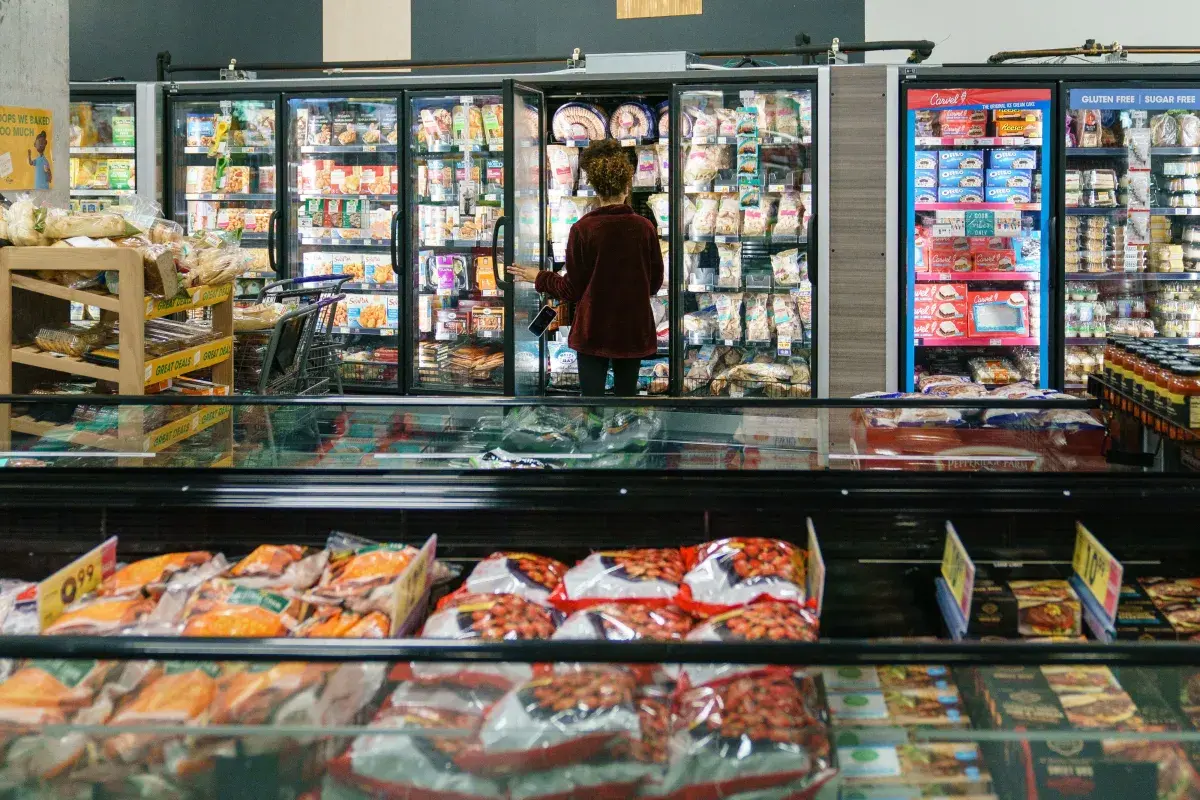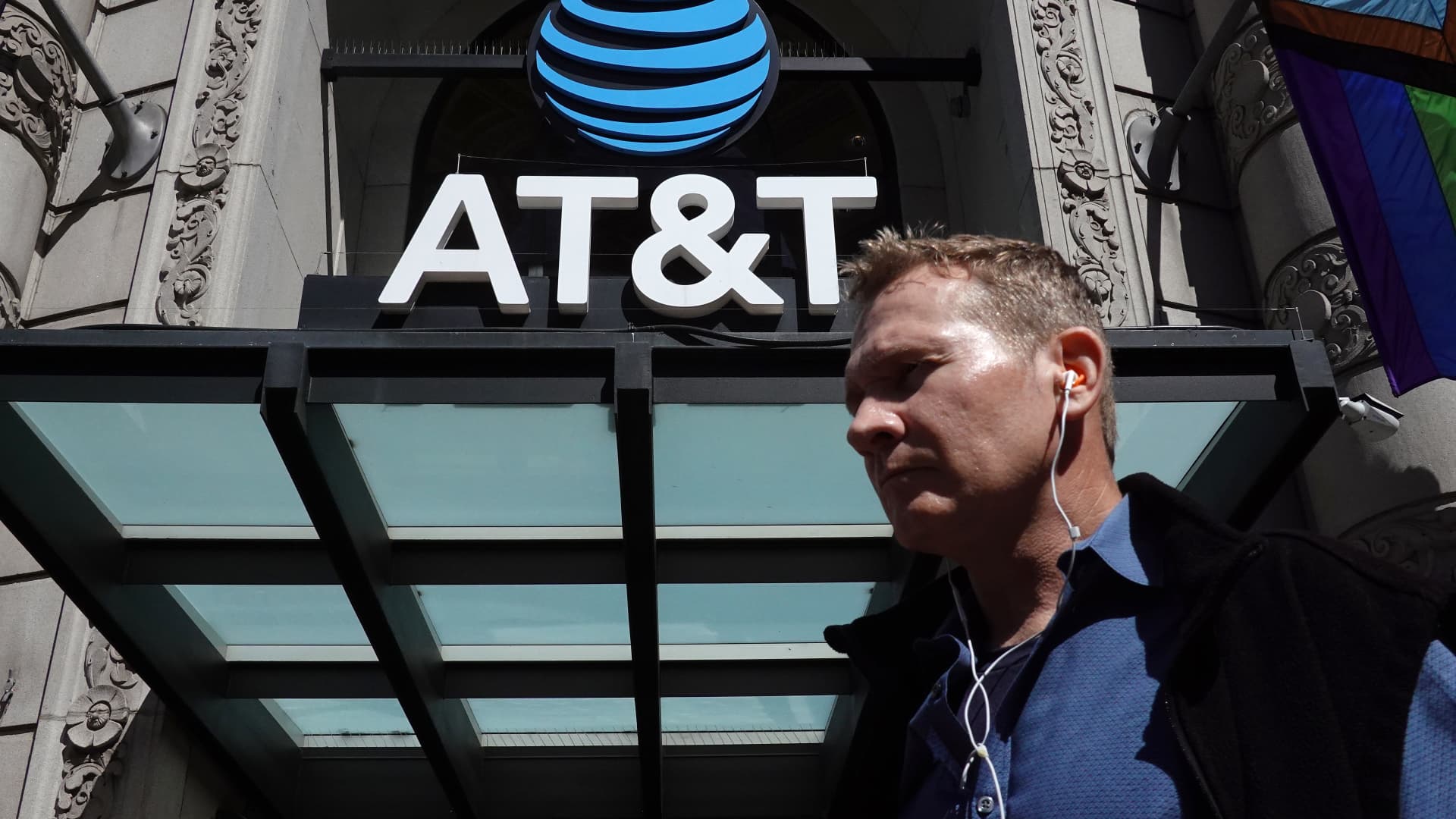
Several stores, including grocery chains and retail giants, will be closing their doors in October.
Kroger and Starbucks are two of the largest companies to announce closures, and consumers across the country are likely to be affected.
Why It Matters
Since the COVID-19 pandemic, the retail industry has faced widespread disruption, with many consumers choosing online shopping over brick-and-mortar stores.
Almost 25 percent of America’s largest shopping malls are anticipated to close by 2027, according to research from real estate services firm Green Street Advisors.
What To Know
Kroger
In the Seattle area, Kroger is closing its Lake City and Redmond locations this month. That includes the location at 13000 Lake City Way NE and 17667 NE 76th St.
The company stated that 343 workers will be affected.
“The retail industry is consolidating fast, and Kroger is no exception. Their proposed merger with Albertsons got blocked back in December 2024 on antitrust grounds,” Kevin Thompson, the CEO of 9i Capital Group and the host of the 9innings podcast, told Newsweek. “Now they’re citing criminal loss, underperforming stores, and a tougher regulatory environment as reasons for shutting locations.”
The company also announced plans to close its Kent and Everett locations as part of a larger decision to shut down 60 stores over the next 18 months.
“In this era of mass consolidation, many of the workers we represent have come to expect this kind of callous, out-of-touch corporate management style from Kroger,” said Fay Guenther, president of UFCW 3000, a labor union representing the workers, in a press statement. “Staggering store closure announcements that impact hundreds of workers and thousands of our neighbors over the course of two days is really something else.”
Kroger attributed the closures in part to theft in these stores.
“Due to a steady rise in theft and a challenging regulatory environment that adds significant costs, we can no longer make these stores financially viable,” Kroger told Seattle news station KING 5.
Shoppers Food
Shoppers Food, a popular low-price supermarket in the D.C. area, will close four locations by October 11:
2286 Middlesex, 1200 Eastern Blvd., Essex, MD
2339 New Carrollton, 7790 Riverdale Rd., New Carrollton, MD
2349/2414 Waldorf, 1170 W. Smallwood Dr., Waldorf, MD
2374 Westminster, 551 Jermor Ln., Westminster, MD
“We’re constantly working to optimize our footprint, which includes investing in stores as well as closing stores where necessary so we can operate as effectively and efficiently as possible,” the store said in a statement to TheStreet.
Starbucks
Starbucks also announced on Thursday that it would be closing hundreds of stores in the U.S., Canada, and Europe.
Around 900 nonretail employees will also be laid off, the company said, and the store closures are set to begin immediately. Baristas will be offered severance packages and, when possible, transfers to other stores.
“Each year, we open and close coffeehouses for a variety of reasons, from financial performance to lease expirations,” Starbucks Chairman and CEO Brian Niccol said in a letter to employees. “This is a more significant action that we understand will impact partners and customers. Our coffeehouses are centers of the community, and closing any location is difficult.”
What People Are Saying
9i Capital Group CEO Kevin Thompson told Newsweek: “Consumer spending is slowing across the board. Inflation is eating into not just the pockets of consumers but also the margins of corporations. Grocery stores already operate on razor-thin margins, and higher costs are squeezing them to the point they can’t absorb it anymore. What we’re seeing isn’t just M&A-style consolidation—it’s a reduction in footprint across the U.S.”
Alex Beene, a financial literacy instructor for the University of Tennessee at Martin, told Newsweek: “We’ve seen many major restaurant and grocery chains, from Kroger to Starbucks, announce closures in recent weeks, and there’s a good reason for this. The last fifteen years for many companies have been a time of expansion in major markets, as the effects of the Great Recession wore off, consumers started to spend again, and workforce gains continued in most U.S. cities. However, since the pandemic and the subsequent rise of inflation, consumers’ habits have changed, and many are feeling cash-strapped.”
What Happens Next
More retailers will likely shutter locations if they aren’t able to address the shifting consumer habits, experts say.
“We saw some companies try to reorganize over the last two years in an attempt to continue operations, but for some areas, retailers are pulling the plug altogether if they feel problems with profitability are long term,” Beene said.



